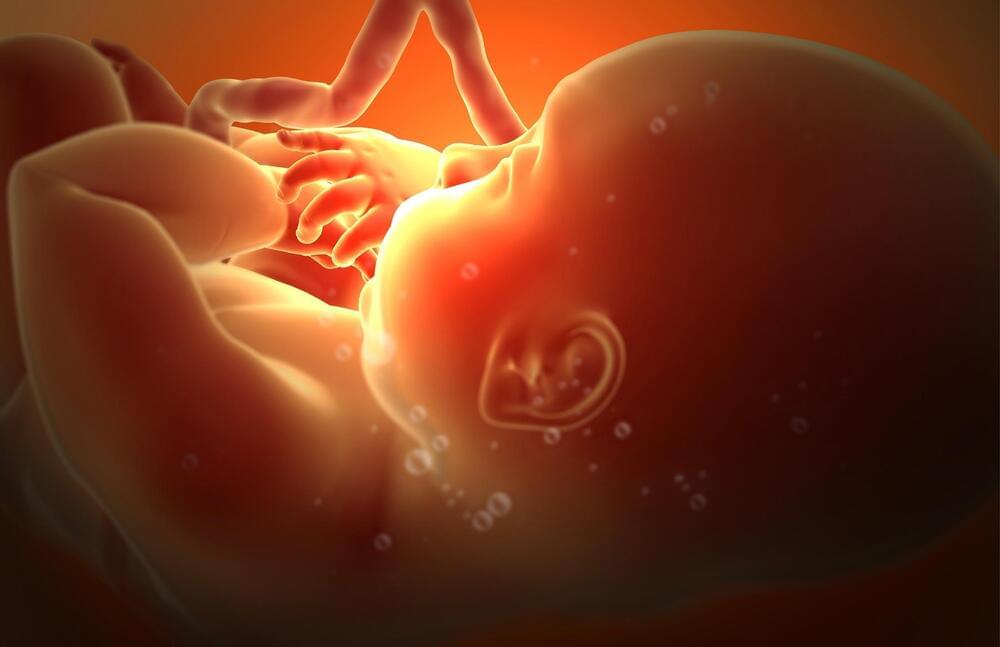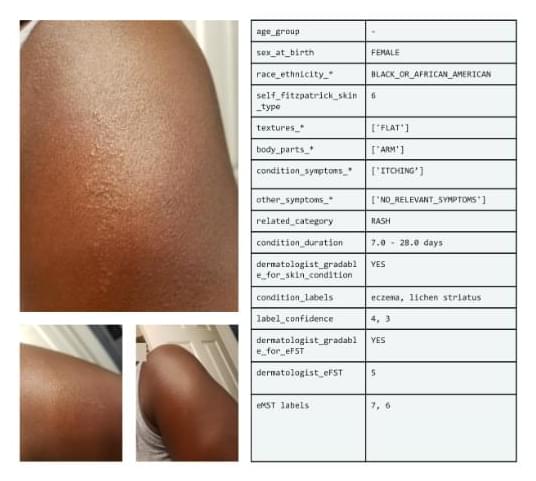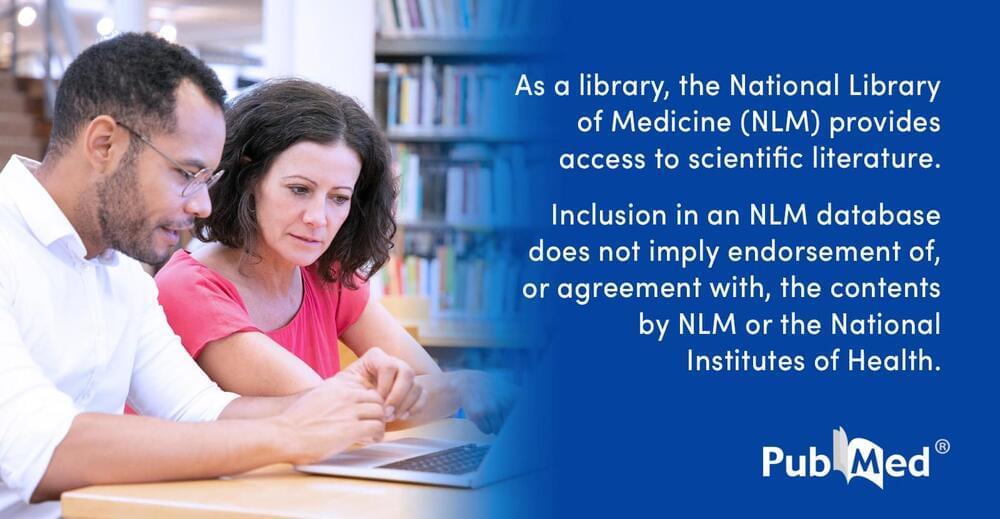Mar 20, 2024
Metformin Danger During Pregnancy: Impact on Offspring Brain Development
Posted by Saúl Morales Rodriguéz in categories: biotech/medical, neuroscience
With the rise in gestational diabetes and metabolic disorders during pregnancy, metformin is also being prescribed more frequently. Although it is known that the oral antidiabetic agent can cross the placental barrier, the impacts on the brain development of the child are largely unknown. An interdisciplinary research team from the German Institute of Human Nutrition Potsdam-Rehbrücke (DIfE) have now been able to demonstrate in a mouse model that although metformin has positive effects in pregnant animals, it does not in the offspring. The results were published in the specialist journal Molecular Metabolism.
Current figures show that around one in six pregnant women worldwide are affected by a special form of diabetes known as gestational diabetes. According to the Robert Koch Institute, 63,000 women in Germany were affected by the disease in 2021, and the trend is increasing.
These numbers are alarming because excessively high blood sugar levels during pregnancy are associated with negative consequences for mother and child. This increases the risk of affected women developing type 2 diabetes later on and their children have a higher risk of developing metabolic disorders and being overweight.

















